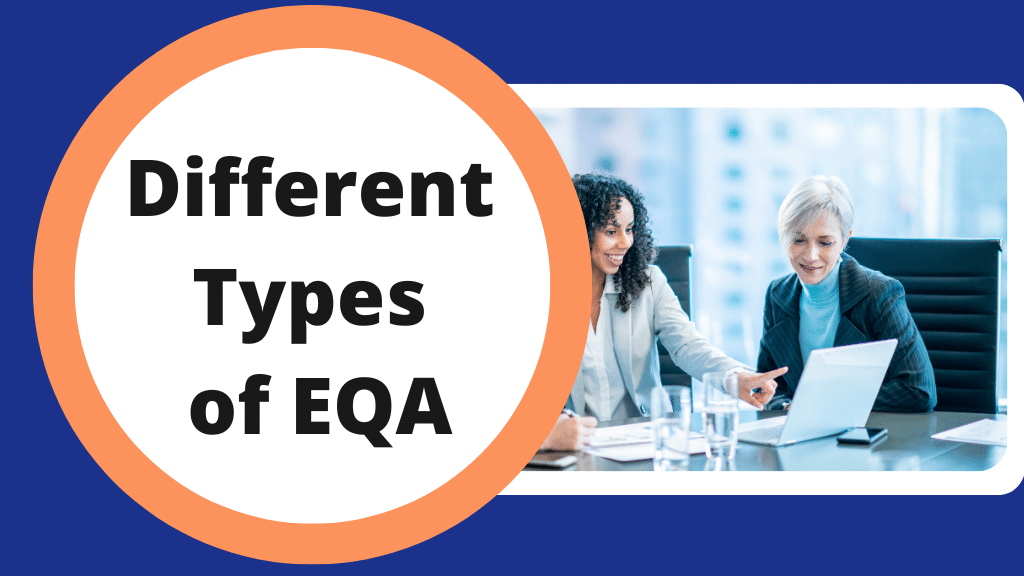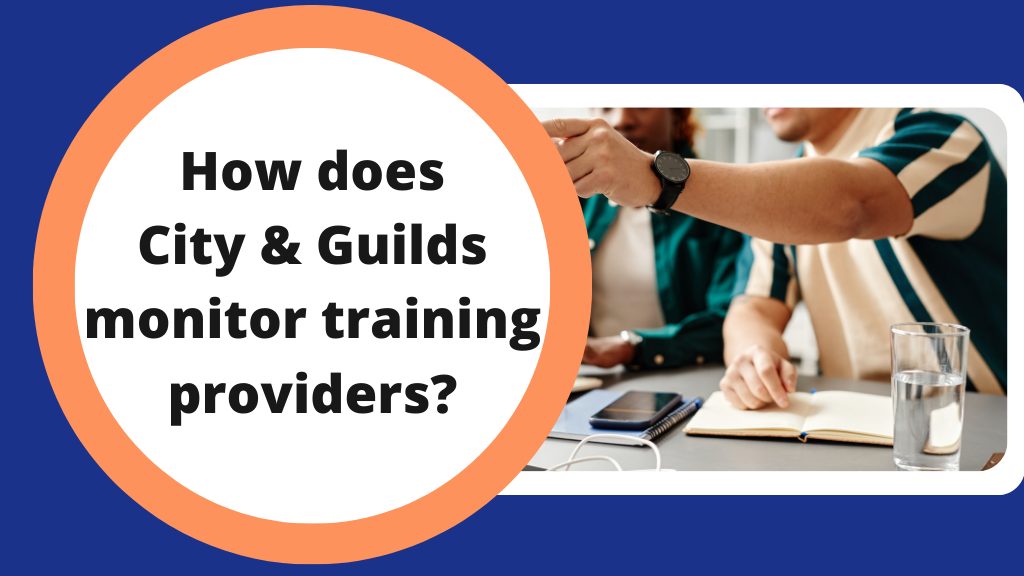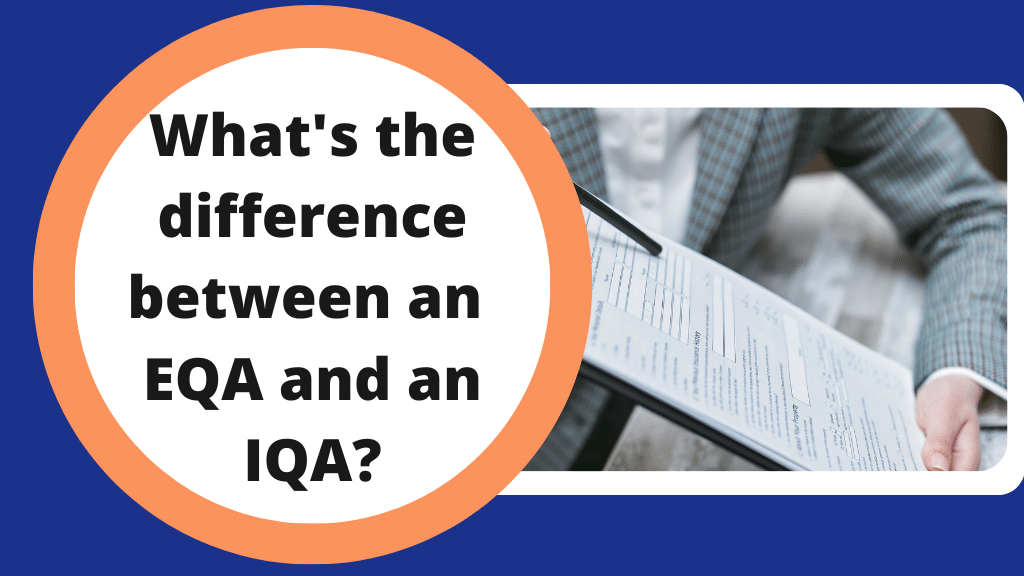October 20, 2023
What does an EQA do? – The Role of an External Quality Assurer
Every educational institution requires an External Quality Assessment conducted by an EQA. But what does an EQA do? The role of an External Quality Assurer (EQA) is to check that training organisations, colleges and other approved centres are operating to the standards set by their Awarding Organisation. They provide advice and support to these centres, as well as being the main point of contact between centres and the Awarding Organisation. If you’ve ever had somebody come to inspect, check or report on your centre, then the person doing this is an EQA.
The EQA is a vital part of the whole qualification system. The principles of external quality assurance are to make sure that the centre’s assessments and internal quality assurance are up to scratch, as well as checking that tutors, trainers, and assessors are competent and up to date with their work.
It’s through the efforts of EQAs that regulated qualifications in the UK retain their reputation and recognition for employers in the UK and internationally. As a key role in the qualification process, being an External Quality Assurer is a very responsible job – yet it can often be a very rewarding one, too.
Many Awarding Organisations have a pool of EQAs who conduct activities at centres they are allocated to, depending on the size of each centre and which qualifications they offer. So, it’s not necessarily a full-time job, as being an EQA could be part-time or on an “as-and-when-required” basis.
Advantages of Being an EQA
Being an EQA has some great advantages:
- Making use of your experience – The satisfaction of putting your experience and subject knowledge to good use, helping other people achieve high standards. There’s nothing quite like being able to guide and advise others.
- Variety – You won’t be stuck in the same office, doing the same things with the same people. An EQA visits a wide variety of centres and meets lots of different people. If you are a ‘people person’ who likes interacting with others, this is a great role for you.
- Travel – visiting centres of all sorts, from start-ups to the training departments of established blue-chip multinationals. You’ll get to monitor, help and advise a wide range of organisations. You’ll become a key element for all of them.
- Flexible work opportunities – Being an EQA does not mean you have to do this full-time, you can opt for part-time or occasional hours as required. This is great if you’ve got an existing job, a family or other commitments such as teaching work.
- Different employers – As an EQA, you don’t have to be tied permanently to a single Awarding Organisation; you can work for several.
What do I need to be an EQA?
If you want to become an EQA, you will need the following:
- Subject expertise in your area
- Experience teaching and assessing
- Knowledge of internal quality assurance (IQA)
- A qualification in External Quality Assurance, such as the Level 4 Award in External Quality Assurance of Assessment Processes and Practice (RQF)
- The ability to travel
- Good communication skills
- Self-motivation and good organisation skills
What Happens During an External Quality Assessment?
Once you have become an EQA, you will start being sent out on an assessment. During an EQA visit, there will be many tasks and checks to be done. One is an assessment of the learners’ work and portfolio.
Then, the EQA will want to interview the assessors to verify their skills and competence. The EQA must ensure they carry out their roles fairly and to the best of their abilities. Candidate interviews will also be conducted, but these are less formal as it is not the learner themselves that is being assessed, but the centres’ application of the course and the centre staff’s ability to deliver and assess qualifications.
To find out more about what an EQA does during assessment, watch the video below.
What is the difference between an IQA and an EQA?
An EQA (External Quality Assurer) and an IQA (Internal Quality Assurer) both play key roles in training, but they have different tasks. An EQA comes from an outside awarding body to check that a training centre meets set standards. They make sure that the centre is fair and consistent in its assessments. On the other hand, an IQA works within the training centre. They regularly review the work of assessors and offer feedback to make sure quality is maintained. So, while an EQA checks from the outside, an IQA keeps an eye on things from the inside.
Become an EQA with Carlton Training
EQAs play a big role in making sure training centres meet high standards. They check, guide, and are the link between the centre and the awarding body. Their work helps keep UK qualifications respected both here and abroad. If you want to start an interesting and rewarding career, why not become an EQA? Contact Carlton Training today to start your journey on a new, important career path.
Next ›‹ Previous
Back to Blog








